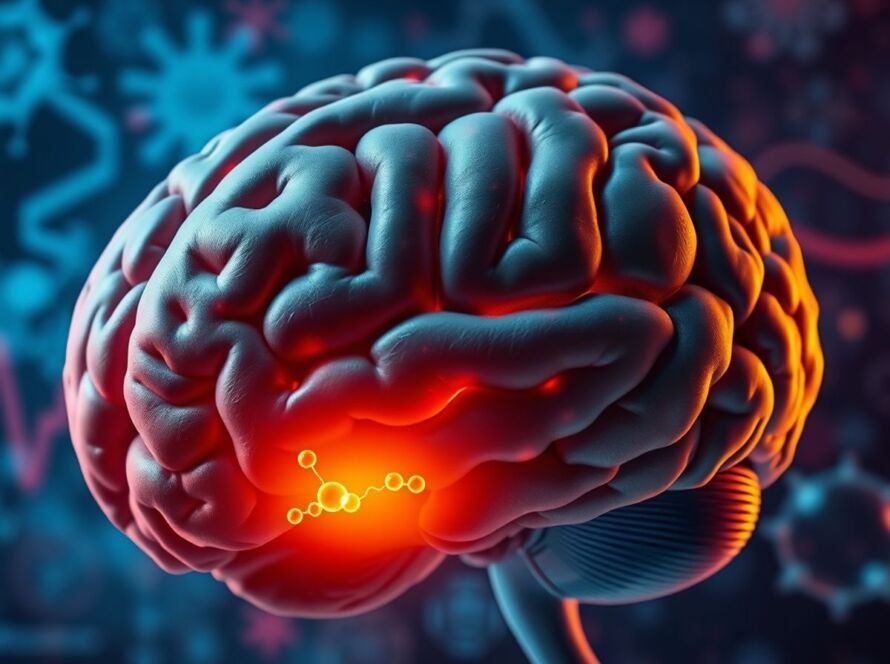A groundbreaking study has revealed that dopamine signals have a minimal impact on rapid neural activity in the striatum, challenging long-held beliefs about dopamine’s role in brain signaling. Using advanced optical neural chip technology, researchers found that dopamine signals within normal physiological ranges do not significantly affect neural processing.
Key Takeaways
- Dopamine signals within normal ranges have minimal impact on rapid neural activity in the striatum.
- Artificially elevated dopamine levels affect neural processing, indicating other factors may be more influential.
- The study uses advanced optical neural chip technology to monitor electrical and chemical brain signals simultaneously.
The Study and Its Findings
Researchers from DGIST, led by Professor Lee Kwang, have discovered a new correlation between neural signaling in the brain and dopamine signaling in the striatum. The human brain requires fast neural signal processing in less than a second, and dopamine has been thought to have the strongest effect on these signals. However, the research team’s newly developed “optical neural chip-based multiple brain signal monitoring technology” shows that changes in dopamine signals within the physiological range do not affect brain neural signal processing.
Methodology
To analyze the relevance of dopamine signaling to brain neural signal processing and related diseases, the team developed an “optical neural chip-based multiple brain signal monitoring technology” in collaboration with Professor Masmanidis’ team at UCLA. This technology can simultaneously record electrical and chemical brain neural signals. The findings were validated through machine learning.
The team used optogenetics to observe dopamine and neural activity in the “ventral striatum” while controlling the activity of dopamine neurons. When dopamine was not released during neural signal processing, no abnormalities were found in the activity of the neurons. When dopamine was released within the normal physiological range, only small or inconsistent changes in the activity of the neurons were observed.
Implications
However, when dopamine was artificially released at more than five times the normal physiological range, a significant effect on neural signal processing in the brain was observed. This suggests that other factors may be more important than dopamine signaling in the brain for certain neural signaling processes, contrary to current theories.
“This study demonstrates for the first time that dopamine signals from food rewards play a minor role in rapidly shaping neural activity in the striatum. This suggests that on a sub-second time scale, neural activity in the striatum may be influenced by other external neural inputs rather than dopamine,” said DGIST Professor Lee Kwang. “We will conduct follow-up studies to illuminate the sophisticated physiology of dopamine in relation to time, including its long-term contribution.”
Future Research
The study opens new avenues for understanding dopamine’s complex role in brain function and related disorders. Dopamine is a chemical neuromodulator that plays an essential role in learning, movement, motivation, and decision-making. It has been linked to a number of diseases, including Parkinson’s disease, addiction, and depression. Future research will focus on the sophisticated physiology of dopamine in relation to time, including its long-term contributions.
Conclusion
This research challenges existing theories about dopamine’s role in brain signaling, suggesting that other neural inputs might be more influential in sub-second brain processes. The findings could have significant implications for understanding brain function and related disorders, paving the way for new treatments and interventions.

